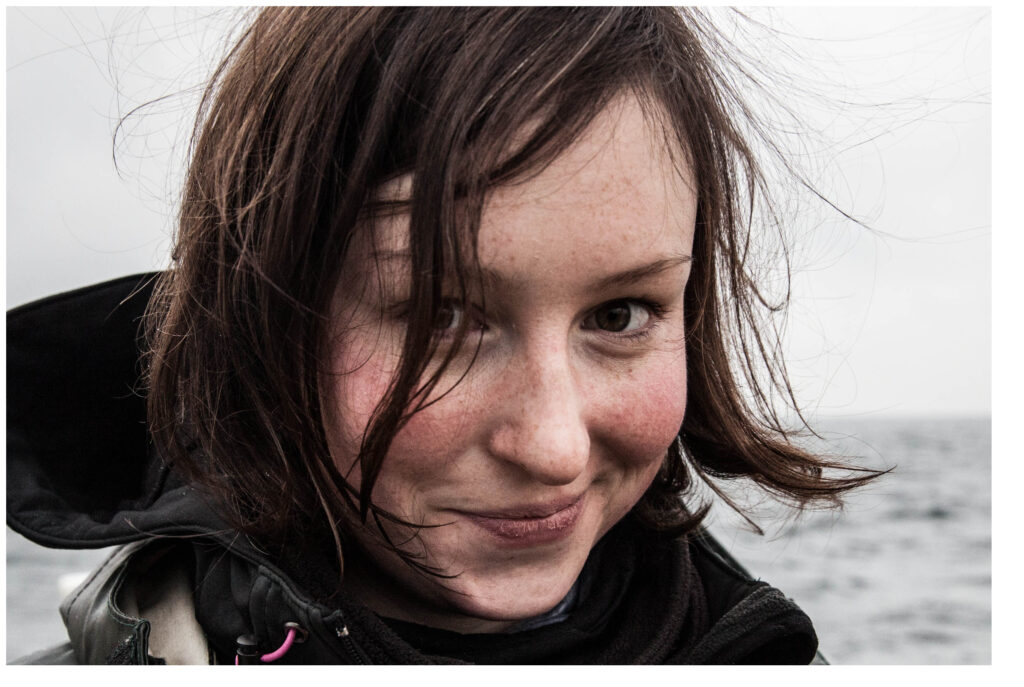OCTOBER 7, 2022 at 10:30am CST
Speaker: Kiki Schulz, Research Fellow, Computational Research in Ice and Ocean Systems Group, UT Oden Institute for Computational Engineering & Sciences
Host: Patrick Heimbach
Title: Mixing in a Changing Arctic Ocean
Abstract: The Arctic Ocean is a distinct and beautiful marine environment, and severely affected by the ongoing climate crisis. A nearly perennial ice cover in most regions of the Arctic has maintained a very specific structure of the underlying ocean, characterized by low nutrient availability and light-limitation, which favored the development of a highly specialized ecosystem featuring many species exclusively found at high latitudes. In response to anthropogenic warming, which is strongly amplified in the Arctic compared to the global average, sea ice cover is further and further retreating in the summer months, and the local ice-free seasons become longer. Without a separating layer of ice in between, energy transfer from the atmosphere to the ocean is facilitated, providing the kinetic energy to transport both heat and nutrients from deep water layers of Atlantic origin to the ocean surface. There, enhanced nutrient availability – in combination with longer open water seasons – can alter the structure of the ecosystem, allowing invasive Atlantic species to out-compete the endemic Arctic species. Despite its importance for the coupled Arctic system, the spatial and temporal distribution of enhanced vertical mixing, and the underlying energy conversion mechanisms, are still not conclusively mapped. This talk will start with a brief outline of the history and current state of oceanographic research in the Arctic Ocean, before summarizing recent advances in the understanding of turbulent mixing and transport in the Siberian Seas.


